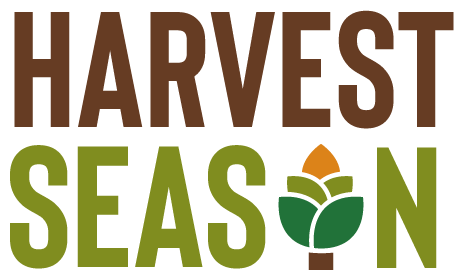3 Best Natural Solutions for Common Livestock Diseases in Kenya
They say that prevention is better than cure, and when it comes to the health of your livestock, this adage couldn't be more true.
As a livestock owner in Kenya, you understand the importance of keeping your animals healthy and disease-free. But what if your livestock does fall ill? What natural solutions are available to you?
In this discussion, we will explore three of the best natural solutions for common livestock diseases in Kenya. These solutions have been proven effective and can help you keep your animals healthy and thriving.
So, if you want to ensure the well-being of your livestock, keep reading to discover these natural remedies that can make a real difference.
Natural Solutions for Foot and Mouth Disease
If you're looking for natural solutions to combat Foot and Mouth Disease (FMD) in your livestock, we've got you covered. FMD is a highly contagious viral disease that affects cloven-hoofed animals like cattle, pigs, and sheep. It can cause severe economic losses due to reduced milk production, weight loss, and even death in some cases.
However, there are natural prevention methods and alternative treatments that can help manage and prevent the spread of FMD.
One effective natural prevention method is vaccination. Vaccines are available that can provide immunity against FMD, reducing the risk of infection in your livestock. It's important to consult with a veterinarian to determine the appropriate vaccination schedule for your animals.
Additionally, herbal remedies can be used as alternative treatments for FMD. Herbs like turmeric, neem, and garlic have antiviral properties that can help boost the immune system and reduce the severity of the disease. These herbs can be incorporated into the animals' diet or used topically to promote healing.
Effective Remedies for East Coast Fever
To effectively combat East Coast Fever in your livestock, consider implementing these proven remedies:
- Herbal treatments: Incorporate natural remedies such as neem leaves, garlic, and turmeric into your livestock's diet. These herbs possess antimicrobial and immune-boosting properties, which can help fight the infection.
- Homeopathic remedies: Explore the use of homeopathic treatments such as Arsenicum album and Rhus toxicodendron. These alternative treatments aim to stimulate the body's natural healing abilities and restore balance.
- Holistic approaches: Take a comprehensive approach to managing East Coast Fever by focusing on the overall health and well-being of your livestock. This includes providing a balanced diet, clean drinking water, and a stress-free environment. Holistic management can strengthen the immune system, making it more resistant to diseases.
Natural Treatments for Pneumonia in Livestock
One effective approach in treating pneumonia in livestock is through natural remedies. Herbal remedies and homeopathic treatments can help alleviate the symptoms and boost the immune system of the affected animals. Here are some natural treatments that have been found to be effective in managing pneumonia in livestock:
| Treatment | Description | Benefits |
|---|---|---|
| Garlic | Garlic has antimicrobial properties that can help fight off the infection causing pneumonia. It can also help boost the immune system of the animal. | Boosts immune system, fights infection |
| Echinacea | Echinacea is known for its immune-boosting properties. It can help stimulate the production of white blood cells, which are essential for fighting off infections. | Boosts immune system, reduces inflammation |
| Honey | Honey has antibacterial properties that can help fight off the bacteria causing pneumonia. It can also soothe the respiratory tract and reduce coughing. | Antibacterial, soothes respiratory tract |
| Peppermint oil | Peppermint oil has antimicrobial and anti-inflammatory properties. It can help relieve respiratory congestion and reduce inflammation in the lungs. | Relieves congestion, reduces inflammation |
These natural treatments can be used in conjunction with conventional veterinary care to provide holistic support for animals suffering from pneumonia. It is important to consult with a veterinarian before using any herbal remedies or homeopathic treatments to ensure proper dosage and safety.

